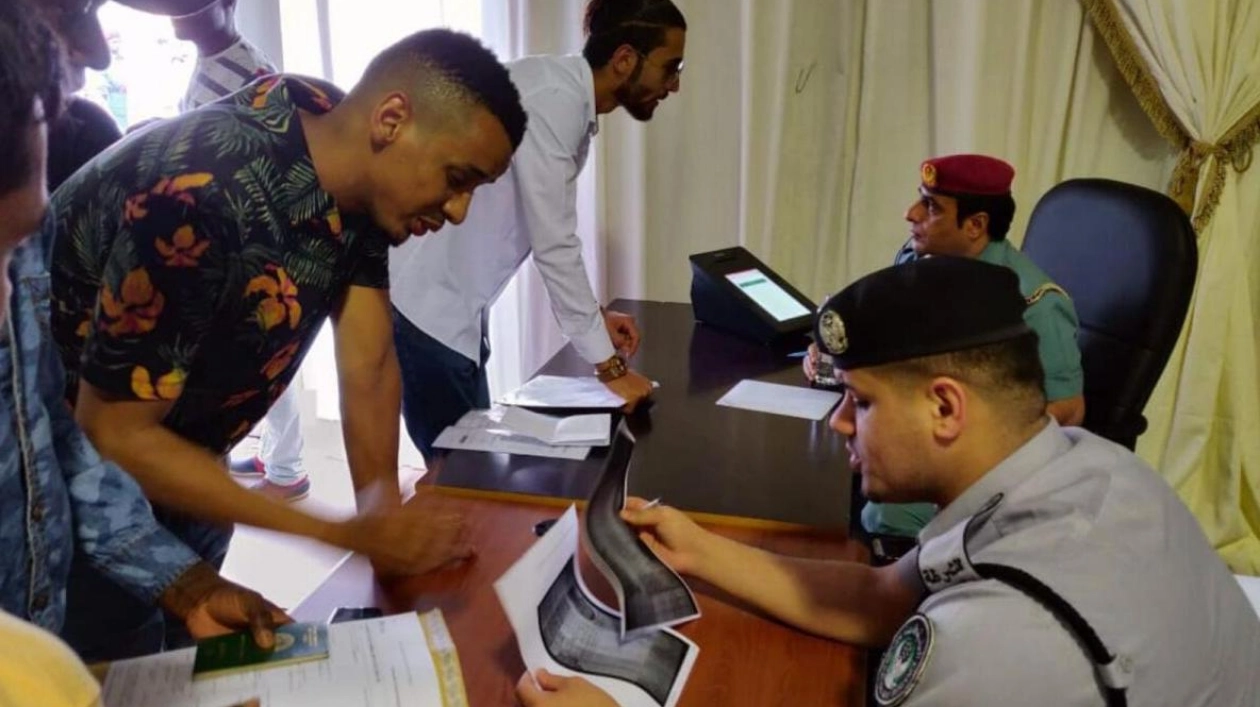The UAE has introduced a two-month amnesty program commencing on September 1, aiming to grant visa violators a fresh chance to legalize their status. This initiative, which marks the fourth such effort since 2007, offers hope to numerous expatriates who have been living illegally in the country, enabling them to reunite with their families and friends.
The previous amnesty, launched on August 1, 2018, was initially set for 90 days but was later extended until December 31. This extension allowed many individuals to resolve their residency issues, with some even returning to their home countries to marry after having their fines waived. The Federal Authority for Identity, Citizenship, Customs and Port Security (ICP) is expected to outline the procedures for this new amnesty soon.
During the initial day of the 2018 amnesty, several centers were established across the UAE, attracting thousands of overstaying residents. In Dubai, the General Directorate of Residency and Foreigners Affairs (GDRFA)-Dubai in Al Awir saw a significant influx of people, despite the summer heat. Among them was 60-year-old Pakistani carpenter Zeher Jahan, who hoped to return home to his family after decades in the UAE.
The amnesty attracted a diverse group of nationalities, including Indians, Pakistanis, Sri Lankans, Bangladeshis, Filipinos, and Chinese. Many had overstayed their visas for years, driven by the hope of a fresh start. For instance, Mohammed Bilal, a Bangladeshi mason, saw the amnesty as a pathway to secure employment after years of living illegally.
Emotional stories abounded, such as that of 53-year-old Filipina Ana Almosa, who tearfully expressed her gratitude for the amnesty that allowed her to return to the Philippines after accumulating a hefty fine. Similarly, Filipino expat Michael Lolong managed to quickly rectify his residency status, paving the way for a new job as a computer technician.
The amnesty also provided a chance for long-separated families to reunite. Francisco Pacheco, a resident of Dubai for 27 years, utilized the amnesty to return to the Philippines after nearly a decade away. His story mirrored that of many others who had overstayed due to financial hardships and the inability to find work back home.
The program also changed lives in more joyous ways, such as for Filipina expat Yunilyn Liamzon, who returned to the Philippines to marry her Emirati fiancé after having her substantial fine waived. Her story highlighted the positive impact of the amnesty on individuals and their families.






